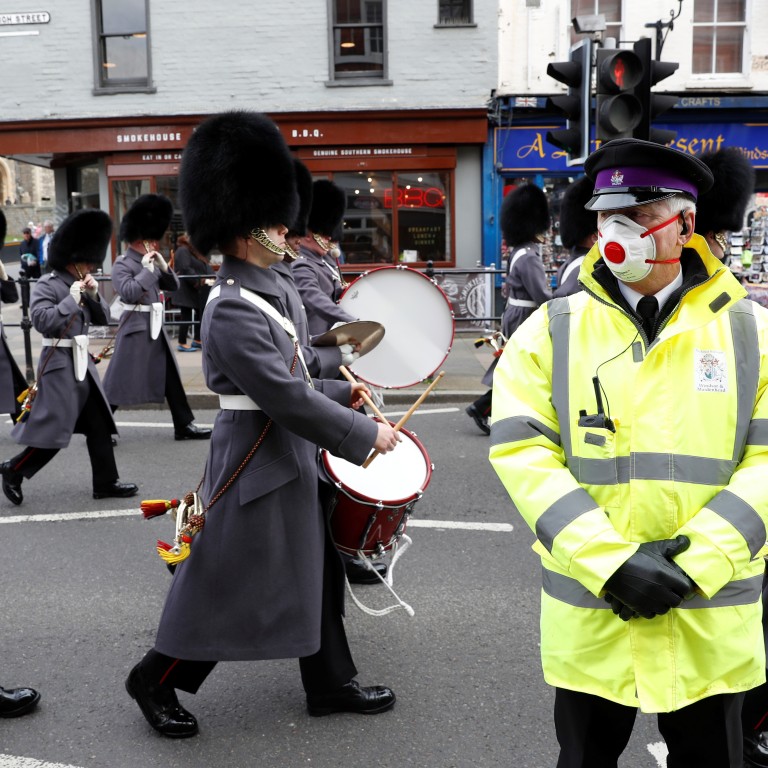
Explainer | What is herd immunity? And can it stop the coronavirus?
- For a while it seemed part of British PM Boris Johnson’s outbreak mitigation strategy, which sought to avoid most sweeping restrictions on society
- That plan was quickly shelved after scientists advising the government indicated such an approach could result in up to 250,000 deaths
Is UK’s coronavirus ‘herd immunity’ plan a deadly gamble?
“We were expecting herd immunity to build,” said Azra Ghani, an infectious disease expert at Imperial College London whose research has informed government policy. “We now realise it’s not possible to cope with that.”
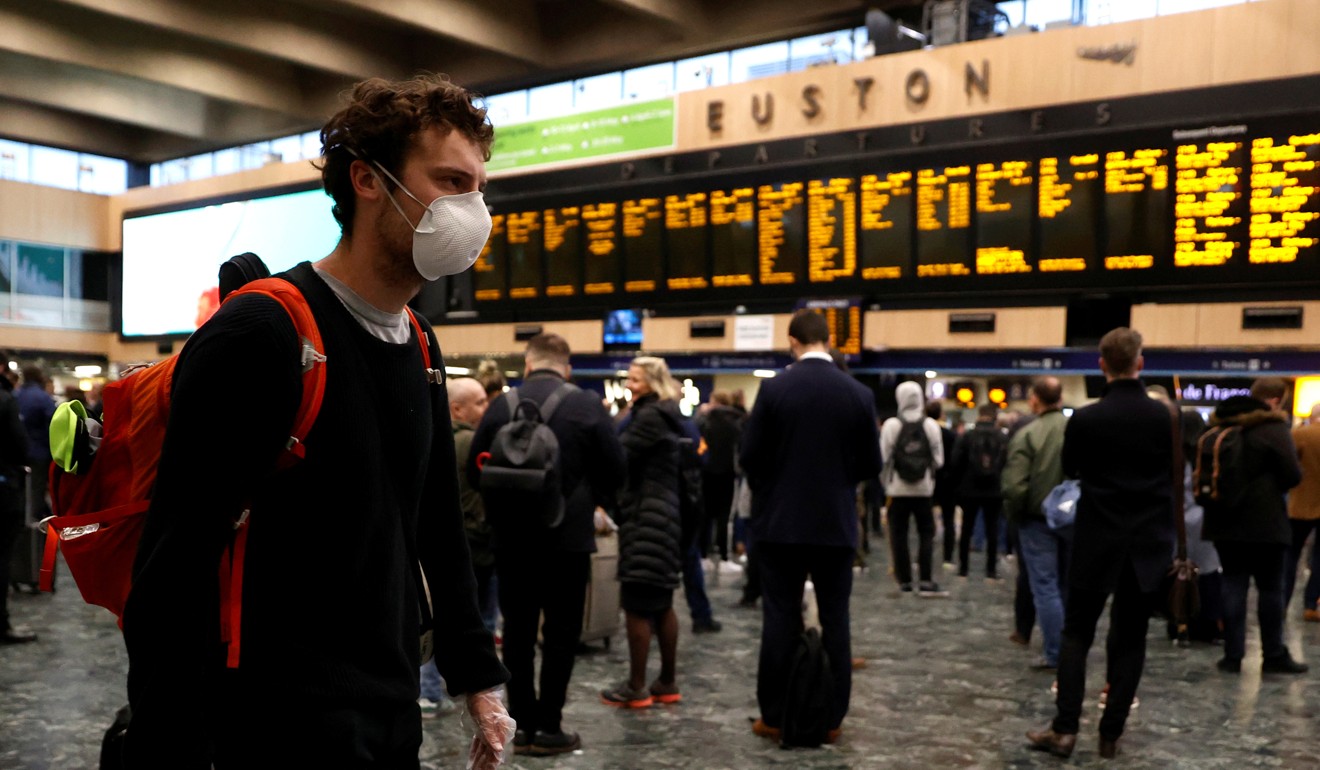
What is herd immunity?
After recovering from an infectious disease, our body’s immune system often “remembers” the virus so it can fight it off in future. Vaccines work along the same principle by introducing our bodies to molecules from a bacteria or virus, leaving our immune system a memory of the disease without us actually getting sick. Herd immunity describes the point at which enough people are immune to a disease, whether through vaccination or infection, that it no longer spreads – even though some people in the community are still not immune.
‘Scared’ in London as UK coronavirus spread accelerates
The proportion of a community that needs to be immune to achieve herd immunity varies by a disease’s transmissibility: the more infectious it is, the more people need to be immune to stop it spreading. For measles, which is highly infectious, the proportion is above 90 per cent. Although scientists are continuing to study the coronavirus, it is not considered as infectious, with experts estimating that about 60-70 per cent of the population would need to catch it and develop immunity for it to stop spreading.
Is it a viable strategy?
The question may be less whether we build herd immunity, but how and when. Although predictions about the virus issued by some Western countries may appear fatalistic – German Chancellor Angela Merkel has warned that 70 per cent of Germans could become infected – many experts believe it is inevitable that most people around the world will eventually contract the disease unless a vaccine is developed first, a process expected to take at least 12-18 months. At that point, herd immunity would be a possible positive side effect – although tens of millions might have to die to achieve it.
It’s certainly not a strategy, and as an outcome, it’s not a very favourable one.
“Without a vaccine, most of us would expect to get infected eventually whether it is in the next few months or the next few years,” said Ben Cowling, an infectious diseases expert at the University of Hong Kong. “Hopefully a vaccine will be available soon.”
But by containing the spread of the virus – at least for an extended period – authorities cannot only help avoid the catastrophic overburdening of their health systems, but also buy valuable time as scientists race to develop a vaccine.
Authorities in Asia, perhaps buoyed by their apparent success in containing the virus so far, have made little reference to herd immunity. By taking measures such as mass testing, aggressive tracking of confirmed cases, contact tracing and social distancing, Hong Kong, Taiwan, Singapore and South Korea seem to have largely stopped the outbreak’s spread. Mainland China has also brought its official number of new cases each day down to a trickle through aggressive measures including city and provincial lockdowns that restricted the movements of hundreds of millions of citizens.
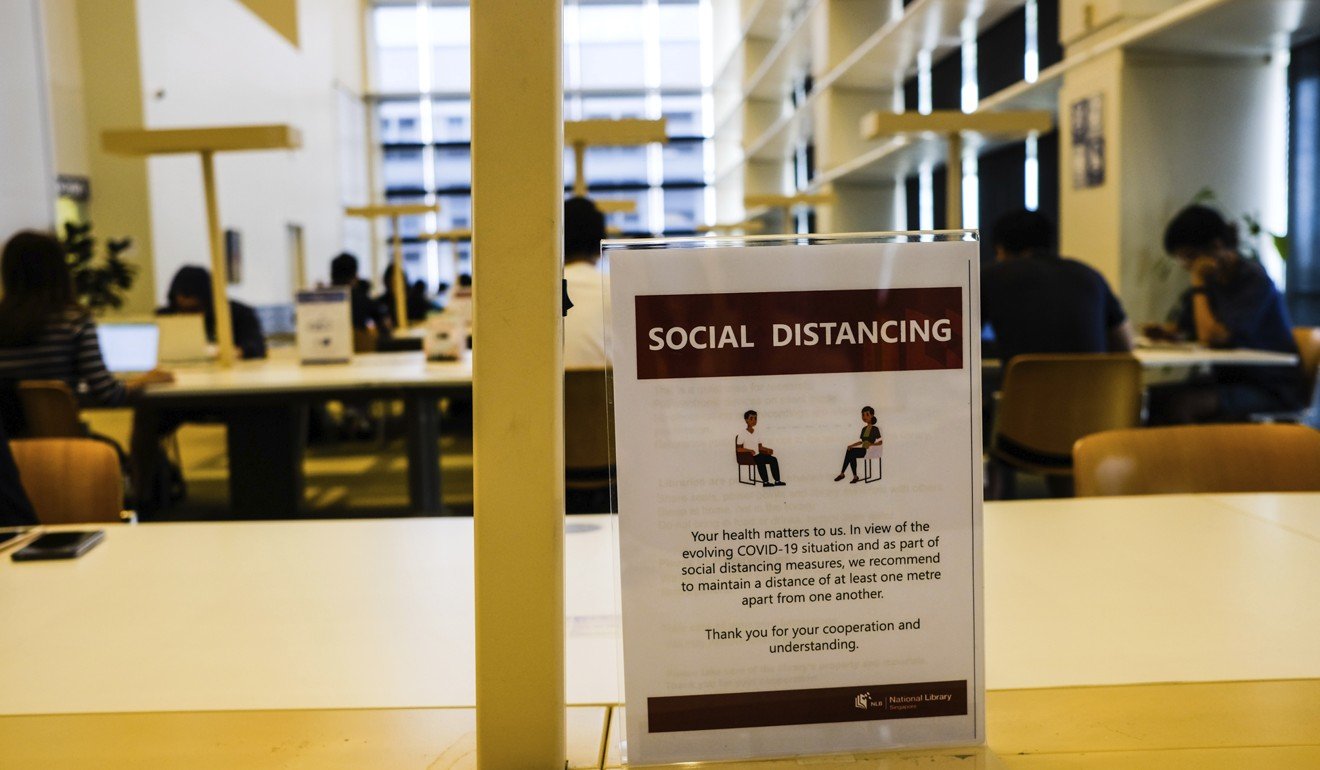
“If the virus cannot be eliminated from the world, like Sars, then the point of containment is to slow down the speed and scale of its spread such that health care systems are not overwhelmed,” said Hsu Li Yang, an associate professor at the National University of Singapore’s Saw Swee Hock School of Public Health.
Britain had hoped to avoid major disruption to everyday life and focus efforts on protecting the old and infirm, while delaying the spread of the virus among the general population. Health officials had anticipated the population would have herd immunity in time for a possible second peak of virus cases in winter. The government’s plans to mitigate the spread of the virus in the short-term – rather than stop it dead in its tracks, at least for the immediate future – became untenable once researchers concluded the capacity of the health system could still be exceeded eight times over.
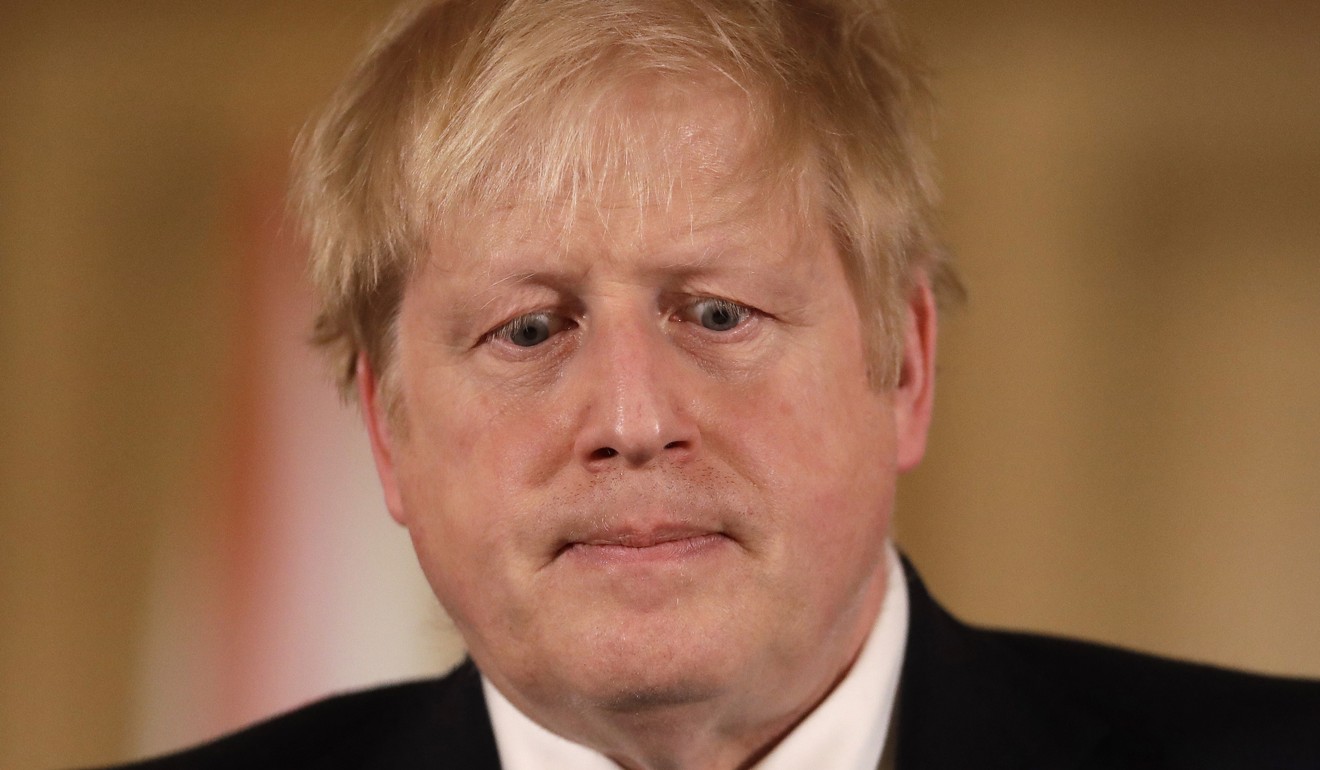
Due to poor messaging, the government’s plan was widely interpreted as welcoming the outbreak, but was more likely aimed at delaying an eventuality. The problem, as the British government came to acknowledge, was that its initial measures came too late to meaningfully alter the spread of the virus. On Tuesday, the government’s chief scientific officer admitted as many as 55,000 people in the country could be infected already, based on a “reasonable” estimate derived from an expected death rate of one in every 1,000 cases – or 0.1 per cent, a far lower mortality rate than has been reported elsewhere. The death toll then was 56, by Wednesday it had risen to 71.
“You would be talking about a truly catastrophic outcome if you had so many infections in your country that you had herd immunity,” said Lawrence Gostin, director of the O’Neill Institute for National and Global Health Law at Georgetown University Law Centre in Washington. “It’s certainly not a strategy, and as an outcome, it’s not a very favourable one.”
“The goal now, I think, is not to stop it, not to just let it run its course, but to actually slow it down through very aggressive social distancing.”
Amid widespread confusion and blowback, Health Secretary Matt Hancock on Sunday sought to clarify that herd immunity was not the “goal or policy” of the government but a “scientific concept”.
Does it work?
Not necessarily. Although scientists have provided estimates of the rates of infection that would be needed for herd immunity, we don’t know if this virus will behave the same way as others in the past.
Jeremy Rossman, an honorary senior lecturer in virology at the University of Kent, said it was not certain that herd immunity was even possible in the case of Covid-19.
“We do develop an immune response that seems to prevent reinfection for at least one to two months, but this would need to last for one or two years and there’s already evidence that other coronaviruses elicit only shorter term immunity, in which case this would not work and the virus would keep circulating and reinfecting,” Rossman said. “Second, if the virus mutates while we’re building herd immunity – as viruses are prone to do – then we may effectively reset the clock and have to start over again.”
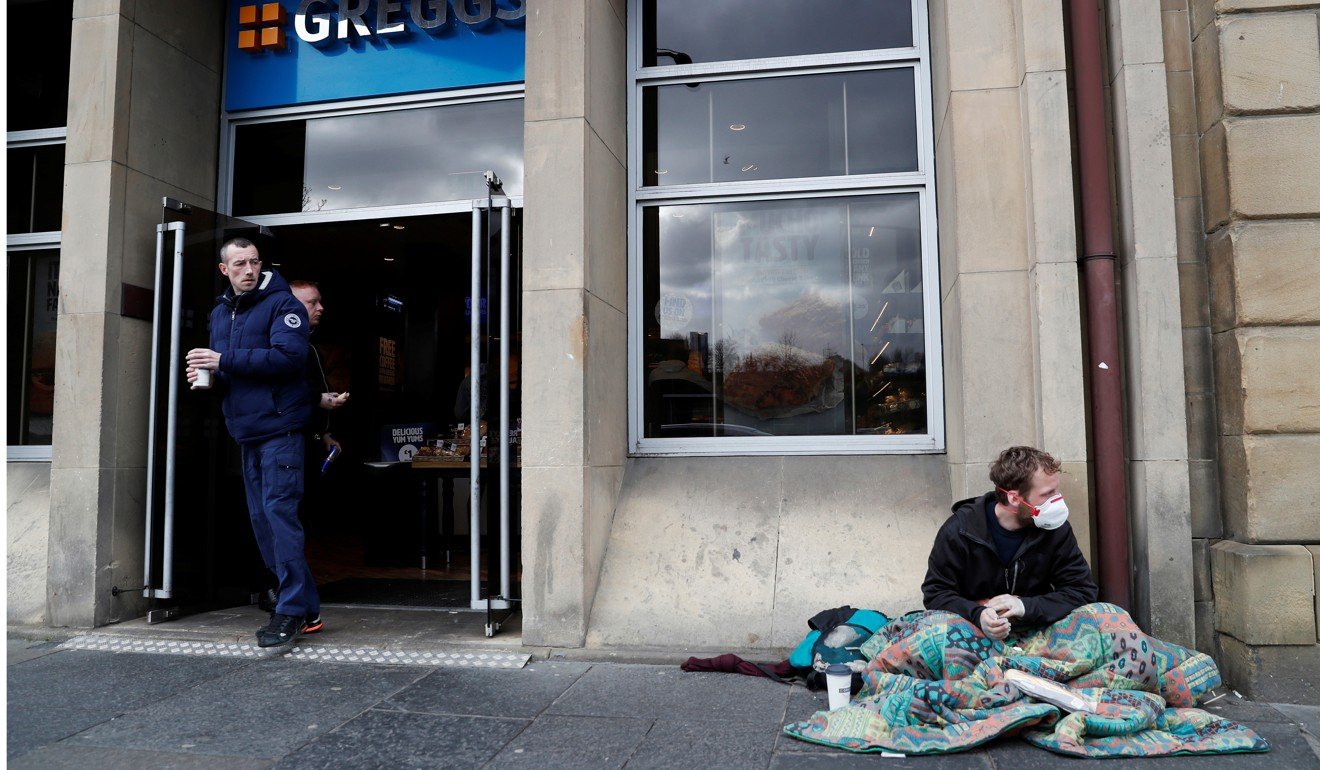
And while British health officials have predicted that a resurgent outbreak in winter would be less harmful than the first wave, the 1918 influenza pandemic, which killed about 50 million people worldwide, offers a historical precedent for a disease coming back stronger the second time around.
“The true answer is we don’t know,” Gostin said. “It could be more serious the second time around. If you look at the great influenza pandemic, it actually was a very serious pandemic when it swept the world for the first time. Then it kind of went away in the summer months and it came raging back in the autumn and winter, and that’s when it caused most deaths.”

